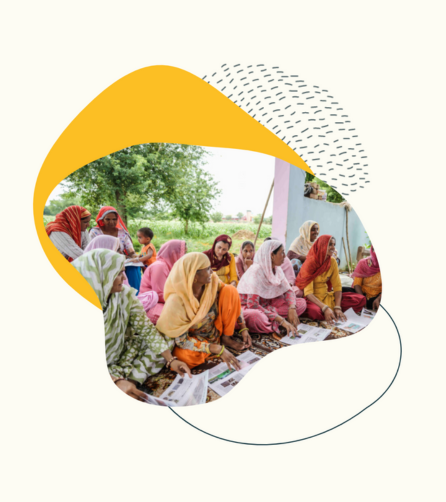How to build a digital platform which supports victims of domestic violence?
The nonprofit Woman4Woman is a social impact project of the Ukrainian nonprofit “Women’s Perspectives”, that raises awareness on the long-term effects of domestic violence through personal stories. They reached out to Tech To The Rescue with the need to launch a new digital platform, that will allow them to grow their impact.
In order to encourage domestic violence victims to share their stories, the nonprofit needed a more user-friendly and safe platform. Here is how the team described their priorities:
- The platform needed an improved UX to make it easy for users to add their stories.
- To be able to support domestic violence victims worldwide, the website needed an English-language website version.
- The old website was hosted on a Russian platform, which proved to be vulnerable to cyberattacks and downtime due to maintenance issues.
The Solution
The reaction of our 1000+ tech companies community at Tech To The Rescue was quick to follow. We matched the nonprofit with Webnomads, a Poland-based software agency, who quickly offered their availability and resources to address the needs of the Woman4Woman team.
Today, the new website is already live and the team is thrilled with its new look and performance, and has extensive plans for promotion. First of all, thanks to the English-language website, the nonprofit will now be able to reach a much wider audience, therefore preventing and offering support to more domestic violence victims. A better UX and the new English language version will also make it easier for the nonprofit to fundraise for their cause and be able to offer their services long-term.
Learn more about the activities of the Woman4Woman team. Visit their website!
Are you ready to make an impact? Contact us and let us find an impactful project for your tech team!


